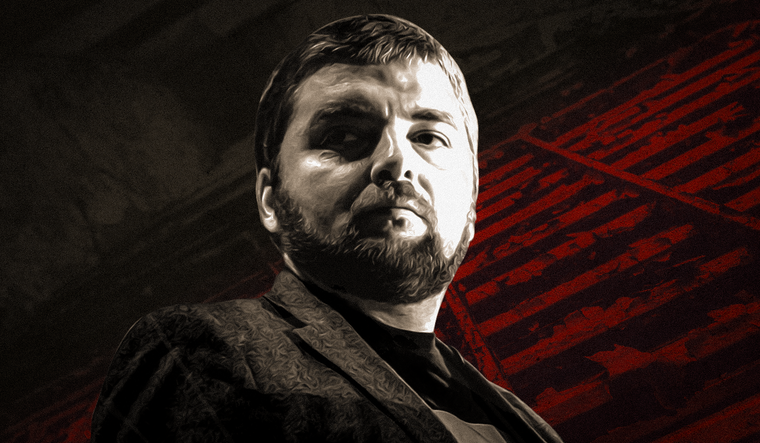However, according to Graty, Butkevych spent the first two weeks of June 2022 in Kyiv and the surrounding region, some 700 kilometres from Severodonetsk.
“According to my communications with Maksym, I have not the slightest doubt that he was not in Severodonetsk on 4 June,” said Ukrainian human rights activist Sasha Fainberg. “He was in touch every day. That is impossible when there’s fighting going on.”
“Moreover, when his unit was sent on any mission, he warned that he would not be in touch for some time. Which, in fact, happened several times – once in April, and then on 19 June,” Fainberg added.
In the correspondence – which openDemocracy has seen – Butkevych told his friends that his unit, the Berlingo special battalion, was moving from the city of Poltava in central Ukraine towards the frontline in the east on 14 June, some 10 days before the alleged incident in Severodonetsk. He was later taken prisoner in Hirske, just outside the city.
Russian forces have captured thousands of Ukrainian service personnel and civilians in the course of its year-long invasion of the country. While the two countries have exchanged some prisoners of war, the process is slow and thousands of Ukrainian families are still waiting for news of their loved ones.
Following Butkevych’s conviction, two other captured Ukrainian soldiers, Vladyslav Shel and Viktor Pokhozei, were also found guilty of alleged war crimes offences – this time by a court in the self-proclaimed ‘Donetsk People’s Republic’. Graty was unable to confirm any of the charges against them.
22 March: editors corrected the last received message from Maksym Butkevych to his father, Oleksandr Butkevych.


Comments
We encourage anyone to comment, please consult the oD commenting guidelines if you have any questions.